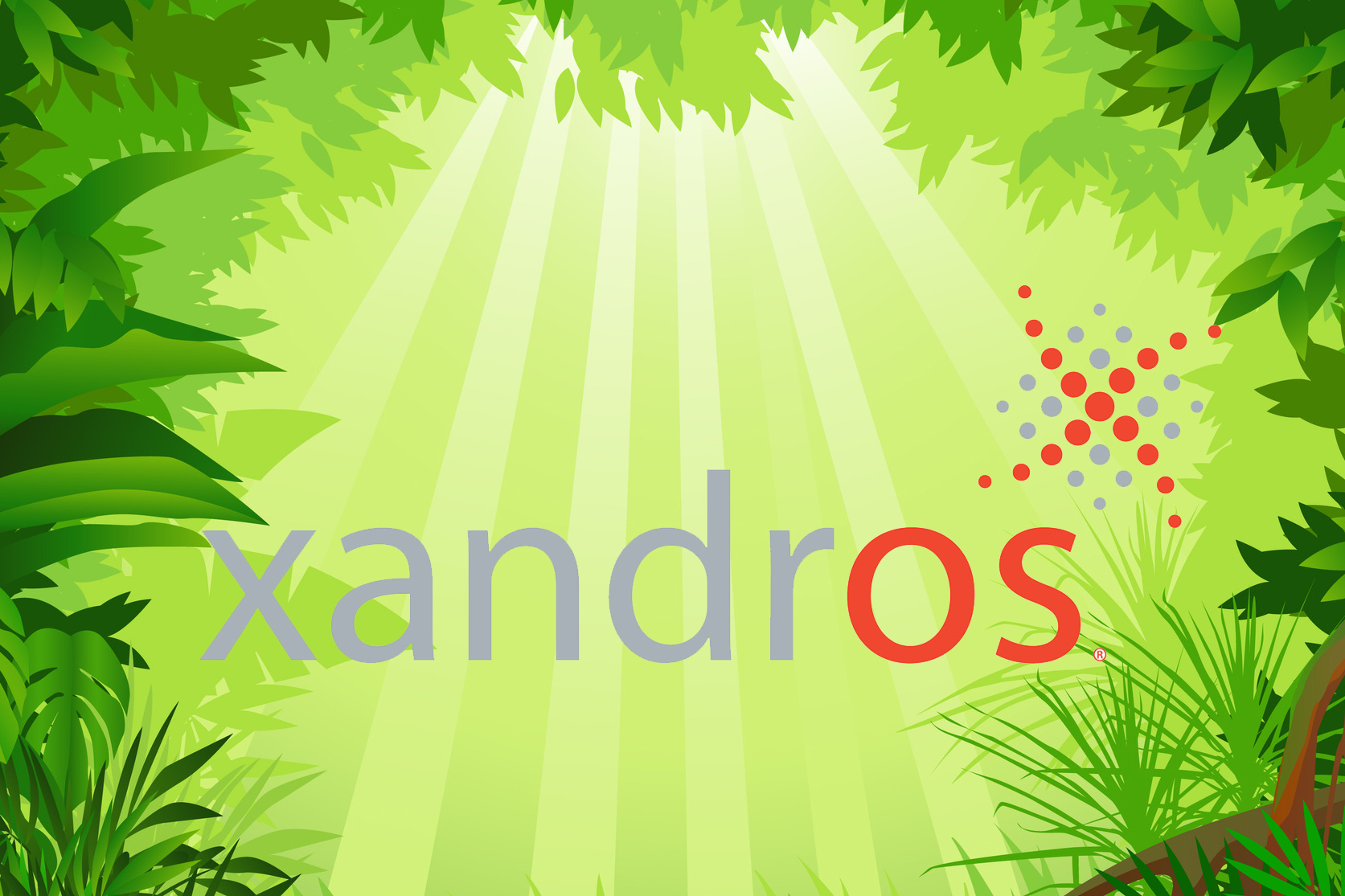The lost world of the Xandros desktop
The latest release of the Xandros Linux desktop edition was in June 2006, which is several lifetimes in the history of Linux. Is this the end of the line for the Xandros desktop?

The purchase of WordPerfect was bold enough. At one time WordPerfect was the undisputed king of word processing, but by 1994 its market share had begun to crash and burn.
That year, Novell bought the word processor for the eye watering sum of $1.4 billion, but its fortunes didn't change, and eighteen months later Novell offloaded WordPerfect to Corel for the princely sum of $20 million in cash and $100 million in stock.
By 1999, Microsoft had more than 90 per cent of the word processing and spreadsheet market, and WordPerfect Office had become a shadow of its former self - a perfectly competent office suite, just as good as Word/Excel, but overpowered by the marketing muscle and monopoly power of Microsoft.
Realising that it was futile to compete with Microsoft on Windows, Cowpland's gambit was to hitch onto the rising star of Linux. Corel's initial Linux offering was a desktop version of Linux, built on Debian and KDE, with a much simplified installation procedure, and a proprietary file manager that looked and behaved like Windows Explorer.
Linux for Windows users
Corel contributed a lot of code to the development of Wine (Wine Is Not an Emulator) but did not feed its other proprietary extensions back to the community. A thorough port of WordPerfect to Linux might well have given Corel a springboard for Linux on the desktop. As it was, Corel chose to port versions of WordPerfect and CorelDraw to Linux on Wine.
Corel Linux was touted as the ideal distribution for the novice user coming over from Windows. The proposition was to give away Corel Linux but to charge customers for support and proprietary applications, such as WordPerfect and CorelDraw.
Get the ITPro daily newsletter
Sign up today and you will receive a free copy of our Future Focus 2025 report - the leading guidance on AI, cybersecurity and other IT challenges as per 700+ senior executives
Cowpland's wider prediction for the future was that Linux would be used in "the next generation of internet appliances, like keyboard-equipped [mobile] phones that can surf the web."
By 2005, he predicted, Corel would "reap 50 per cent of its revenues from Linux applications. This is the year when internet appliances are going to take off."
Open source software isn't a money maker
Cowpland may have made the classic mistake of realising too early where the market was going, and running before the market could walk. Within months he was forced to step down from the company he had founded, vowing to devote his time to working with unspecified Linux start-ups.
"Personally, I intend to get my hands really dirty with a lot of Linux technology," Cowpland told reporters. "I'm fascinated by the potential that's now emerging."
-
 Should AI PCs be part of your next hardware refresh?
Should AI PCs be part of your next hardware refresh?AI PCs are fast becoming a business staple and a surefire way to future-proof your business
By Bobby Hellard Published
-
 Westcon-Comstor and Vectra AI launch brace of new channel initiatives
Westcon-Comstor and Vectra AI launch brace of new channel initiativesNews Westcon-Comstor and Vectra AI have announced the launch of two new channel growth initiatives focused on the managed security service provider (MSSP) space and AWS Marketplace.
By Daniel Todd Published
-
 Tiny11 review: Windows 11 with only 2GB of RAM
Tiny11 review: Windows 11 with only 2GB of RAMReview A version of Windows 11 for older machines that don't meet the full requirements
By Nik Rawlinson Published
-
 Red Hat Enterprise Linux becomes foundational operating system for Cohesity Data Cloud
Red Hat Enterprise Linux becomes foundational operating system for Cohesity Data CloudNews New strategic partnership between Red Hat and Cohesity aims to drive innovation in the data security and management space
By Daniel Todd Published
-
 Ubuntu shifts to four-week update cycle
Ubuntu shifts to four-week update cycleNews Critical fixes will also come every two weeks, mitigating the issues involved with releasing prompt patches on the old three-week cadence
By Richard Speed Published
-
 AlmaLinux follows Oracle in ditching RHEL compatibility
AlmaLinux follows Oracle in ditching RHEL compatibilityNews Application binary compatibility is now the aim with 1:1 now dropped
By Richard Speed Published
-
 How big is the Windows 10 cliff-edge?
How big is the Windows 10 cliff-edge?ITPro Network With some comparing the upcoming Windows 10 end of life to Windows XP, we ask members of the ITPro Network for their insight
By Jane McCallion Published
-
 Everything you need to know about the latest Windows 11 updates - from bug fixes to brand-new features
Everything you need to know about the latest Windows 11 updates - from bug fixes to brand-new featuresNews Two new cumulative updates are on the way and will be installed automatically on Windows 10 and Windows 11 machines
By Rory Bathgate Published
-
 How to download a Windows 11 ISO file and perform a clean install
How to download a Windows 11 ISO file and perform a clean installTutorial Use a Windows 11 ISO to install the operating system afresh
By John Loeppky Published
-
 We could all benefit from better Windows and macOS accessibility features
We could all benefit from better Windows and macOS accessibility featuresOpinion Today’s accessibility features can help you work through a nasty injury, but there’s still plenty of room for improvement
By Barry Collins Published